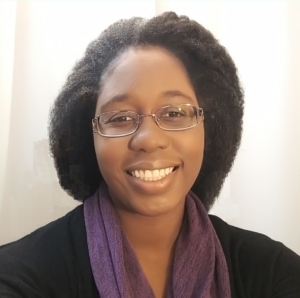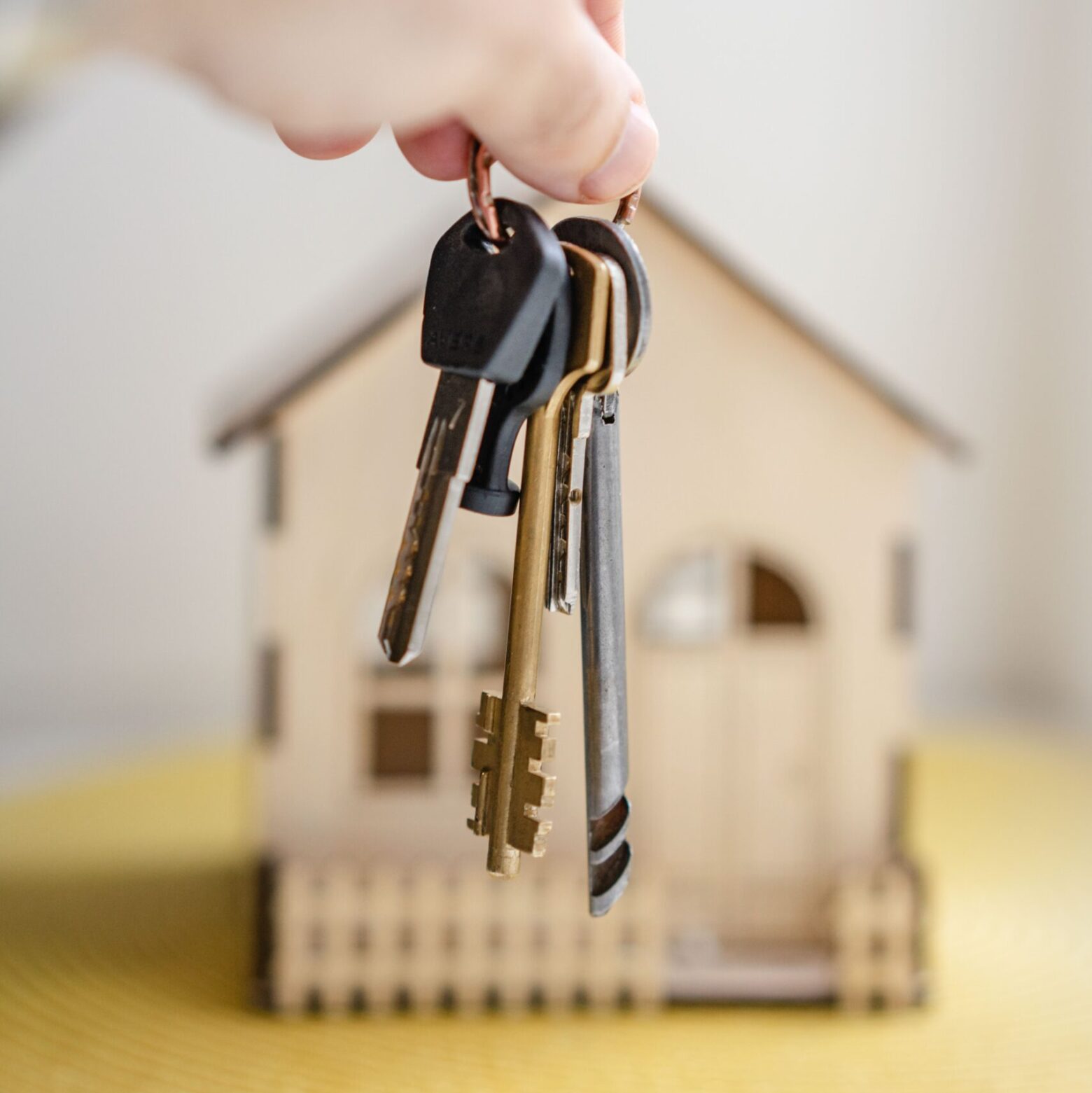“For which of you, intending to build a tower, sitteth not down first, and counteth the cost, whether he have sufficient to finish it?”
– Luke 14:28 [KJV] –
Recently, some banking institutions have returned to offering “zero down” programs for certain first-time homebuyers. The loans can include grants of $5,000 to $15,000 made on behalf of the bank toward the down payment and closing costs for the home being purchased. (Refs: 1, 2, 3)
But is a zero down payment loan the best option for your particular purchase?
Possibly. Here are a few things to consider before committing to a zero down payment contract.
*** Note To Readers: The following discussion references zero-down home and vehicle loans because some of the principals apply to both kinds of purchases. If the additional information disturbs your peace, simply ignore the vehicle references. Life will go on, and we will all survive the reading experience. 😊 ***
– – – – –
Zero Down Payment Concerns:
- Potential Equity Issues – One of the protections offered by a significant down payment is the instant equity that it adds to your home or vehicle purchase. In layman’s terms, when you make a significant payment at the start of the loan, it makes it harder to end up in a situation where your home or car is worth less than what you owe for it. If your finances change, you’re less likely to end up stuck with house or car payments that you can’t afford. Unfortunately, this could end up being the case if the value of your home or vehicle drops to the point that you have to pay money to sell it.
- Buying Too Much: Having to make a down payment also encourages you, the potential borrower, not to accept a loan for more money than you can safely afford to repay – because you realize that you’ll have less money available to handle repairs, taxes, surprise fees, and unforeseen expenses in the future.
- Buying Without Preparation: The process of paying a down payment is also a protection for people who may be motivated to make a home or vehicle purchase without having made sufficient preparation. In theory, it can sound good to offer first-time ownership to would-be borrowers, but reality can be a harsh teacher. If the loan is made to someone who lacks the ability to cover the down payment, closing costs, property taxes, maintenance fees, and other issues that can accompany home or vehicle ownership, the lender may end up having to do a repossession or foreclosure. In that case, the creditor might be the only entity to benefit. The borrower would be left with damaged credit, while the lender could potentially have an opportunity to accept another loan on the reclaimed collateral.
After that list, you might wonder why anyone would consider using a zero down payment loan arrangement. Well, I can think of one use for this kind of contract, but it would be for well-prepared and educated borrowers.
Zero Down Payment Potential Use(s):
- Prepared Buyers: There are some first-time home buyers who have been carefully planning to buy real estate – in spite of the likely increase in mortgage rates and potential decline of home valuations. If you are in this group and a banking institution is willing to provide a “zero down” mortgage that uses a grant to pay the down payment or closing costs on your behalf, it would make sense to review the offer. (Notice that the preceding sentence uses the word “review” – not “sign”.) You will want to read ALL of the fine print. Look out for prepayment penalties, adjustable rate mortgages (ARMs), less reputable lenders with questionable histories, etc. If you find a solid lender offering to make your down payment or closing costs under reasonable terms, it could make sense to accept the grant money toward your purchase (without going overboard on how much you spend on the house). If you wish to apply the down payment funds that you had already saved to your home (or vehicle) in the future, you would make an additional payment toward the principal of your loan.
References
- “2008 all over again? BofA just launched a test of zero-down-payment, zero-closing cost mortgages for minority communities — here’s what we know about the program”; Accessed September 13, 2022; www.yahoo.com/video/2008-over-again-bofa-just-125500832.html
- “Bank of America to offer zero-down payment mortgages in certain Black and Hispanic communities”; Accessed September 13, 2022; www.cnn.com/2022/09/01/homes/bank-of-america-zero-down-mortgages/index.html
- “Zero-down payment loans to close the racial homeownership gap: What you need to know”; Accessed September 13, 2022; www.npr.org/2022/09/11/1122250645/-zero-down-payment-loans-claim-to-close-the-racial-homeownership-gap-heres-what-
– – –
*** This information is shared by Momma’s Money Tree and D’Loreyn Walker MD, author of “The Proverbs 31 Millionaire”, “God’s Plan For My Money”, and the FREE 5-page PDF “MMT 6-Figure Business Accelerator”. To learn more, visit the Products & Services page of MommasMoneyTree(.com). ***
 D’Loreyn Walker, MD is a Bible-based business and finance coach, the author of “The Proverbs 31 Millionaire” and “God’s Plan For My Money“, the founder of Momma’s Money Tree, a retired General and Child-Adolescent Psychiatrist, and a health educator.
D’Loreyn Walker, MD is a Bible-based business and finance coach, the author of “The Proverbs 31 Millionaire” and “God’s Plan For My Money“, the founder of Momma’s Money Tree, a retired General and Child-Adolescent Psychiatrist, and a health educator.
– – –
Momma’s Money Tree
– Where The Bible Meets Business & Personal Finance –
Site Menu: Home|Welcome To MMT • About MMT • Articles • Products & Services • Free Resources • News & Public Relations • Affiliate Disclosure
